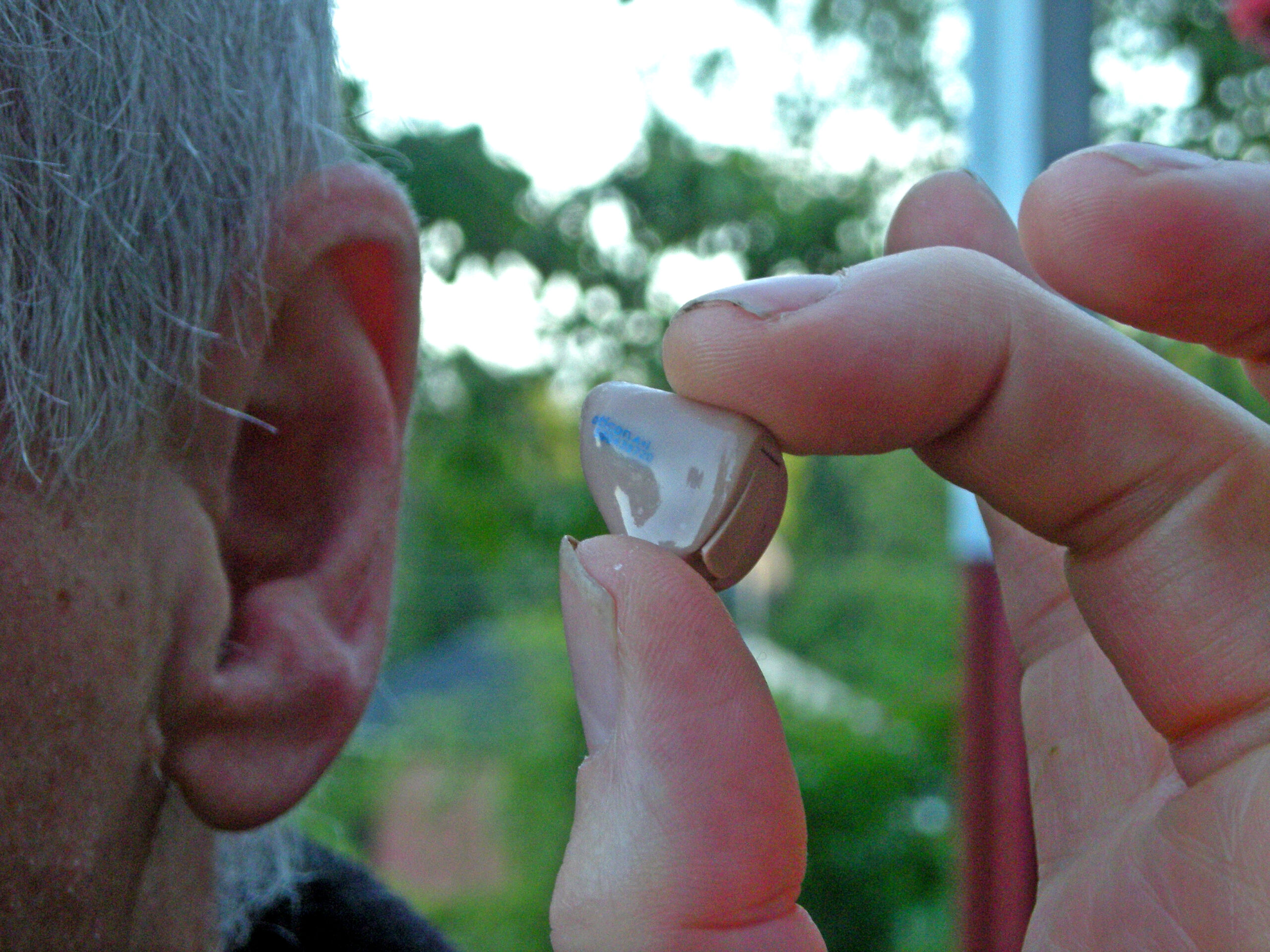Severe Hearing Loss: Symptoms, Causes, Treatment
What are the symptoms of severe hearing loss?
Severe hearing loss, also known as profound hearing loss, can significantly impact a person’s ability to hear and understand speech. Some common symptoms of severe hearing loss include:
- Difficulty understanding speech: People with severe hearing loss may have difficulty understanding speech, especially in noisy environments or when the speaker is not facing them.
- Loud speech: People with severe hearing loss may speak loudly or have difficulty modulating the volume of their voice.
- Limited communication: Severe hearing loss can lead to difficulty communicating with others, which can impact social interactions and relationships.
- Social withdrawal: Difficulty hearing can lead to social withdrawal or isolation, as people with severe hearing loss may avoid situations where communication is challenging.
- Difficulty hearing sounds: People with severe hearing loss may have difficulty hearing sounds such as doorbells, telephones, alarms, or the voices of children or women.
- Tinnitus: Some people with severe hearing loss may experience tinnitus, which is a ringing, buzzing, or humming sound in the ears.
- Fatigue: Straining to hear can be tiring, so people with severe hearing loss may experience fatigue or exhaustion, especially after prolonged periods of listening or communication.
- Misunderstanding or misinterpreting speech: People with severe hearing loss may misunderstand or misinterpret speech, which can lead to confusion or frustration.
- Difficulty hearing on the phone: People with severe hearing loss may have difficulty hearing on the phone, even with amplification.
It’s important to note that the symptoms of severe hearing loss can vary depending on the individual and the underlying cause of the hearing loss. If you or someone you know is experiencing symptoms of severe hearing loss, it’s important to seek evaluation and treatment from a healthcare professional, such as an audiologist or otolaryngologist (ear, nose, and throat specialist).
What are the causes of severe hearing loss?
Severe hearing loss, also known as profound hearing loss, can be caused by a variety of factors. Some common causes of severe hearing loss include:
- Genetic factors: Some cases of severe hearing loss are caused by genetic factors. Genetic hearing loss can be present at birth (congenital) or develop later in life (acquired).
- Age-related hearing loss: As people age, they may experience age-related hearing loss, also known as presbycusis, which can range from mild to severe.
- Noise exposure: Exposure to loud noises, either over a long period of time or from a sudden, intense noise, can damage the hair cells in the inner ear and lead to severe hearing loss.
- Infections: Infections such as meningitis, measles, mumps, or chronic ear infections can cause severe hearing loss, especially if they affect the inner ear.
- Trauma: Head injuries or trauma to the ear can cause severe hearing loss.
- Ototoxic medications: Some medications, such as certain antibiotics, chemotherapy drugs, and high doses of aspirin, can be ototoxic, meaning they can damage the inner ear and cause hearing loss.
- Malformation of the inner ear: Some people are born with malformations of the inner ear, which can cause severe hearing loss.
- Tumors: Tumors, such as acoustic neuromas, can grow on the nerves that are involved in hearing and cause severe hearing loss.
- Autoimmune inner ear disease: In rare cases, the immune system can mistakenly attack the inner ear, leading to severe hearing loss.
- Other medical conditions: Certain medical conditions, such as Meniere’s disease, can cause severe hearing loss.
It’s important to note that the causes of severe hearing loss can vary widely, and some cases may be reversible or treatable with medical intervention. If you or someone you know is experiencing severe hearing loss, it’s important to seek evaluation and treatment from a healthcare professional, such as an audiologist or otolaryngologist (ear, nose, and throat specialist).
What is the treatment for severe hearing loss?
The treatment for severe hearing loss depends on the underlying cause of the hearing loss and the individual’s specific needs. Some common treatments for severe hearing loss include:
- Hearing aids: Hearing aids can help amplify sounds and improve hearing for many people with severe hearing loss. There are different types of hearing aids available, including behind-the-ear (BTE), in-the-ear (ITE), and in-the-canal (ITC) models.
- Cochlear implants: Cochlear implants are electronic devices that are surgically implanted in the inner ear and can provide a sense of sound to people with severe or profound hearing loss who do not benefit from hearing aids.
- Assistive listening devices: Assistive listening devices, such as FM systems or loop systems, can help people with severe hearing loss hear better in specific situations, such as in classrooms or theaters.
- Communication strategies: Learning communication strategies, such as lip reading or sign language, can help people with severe hearing loss communicate more effectively.
- Medical treatment: In some cases, medical treatment may be able to improve or restore hearing in people with severe hearing loss. For example, treatment for an ear infection or removal of a tumor may improve hearing.
- Surgical procedures: In some cases, surgical procedures, such as tympanoplasty (repair of the eardrum) or stapedectomy (removal of the stapes bone in the middle ear), may be used to improve hearing.
- Counseling and support: Counseling and support from a hearing healthcare professional can help people with severe hearing loss cope with their condition and learn to communicate effectively.
It’s important to work closely with a healthcare professional, such as an audiologist or otolaryngologist (ear, nose, and throat specialist), to determine the most appropriate treatment for severe hearing loss based on the individual’s specific needs and preferences.




